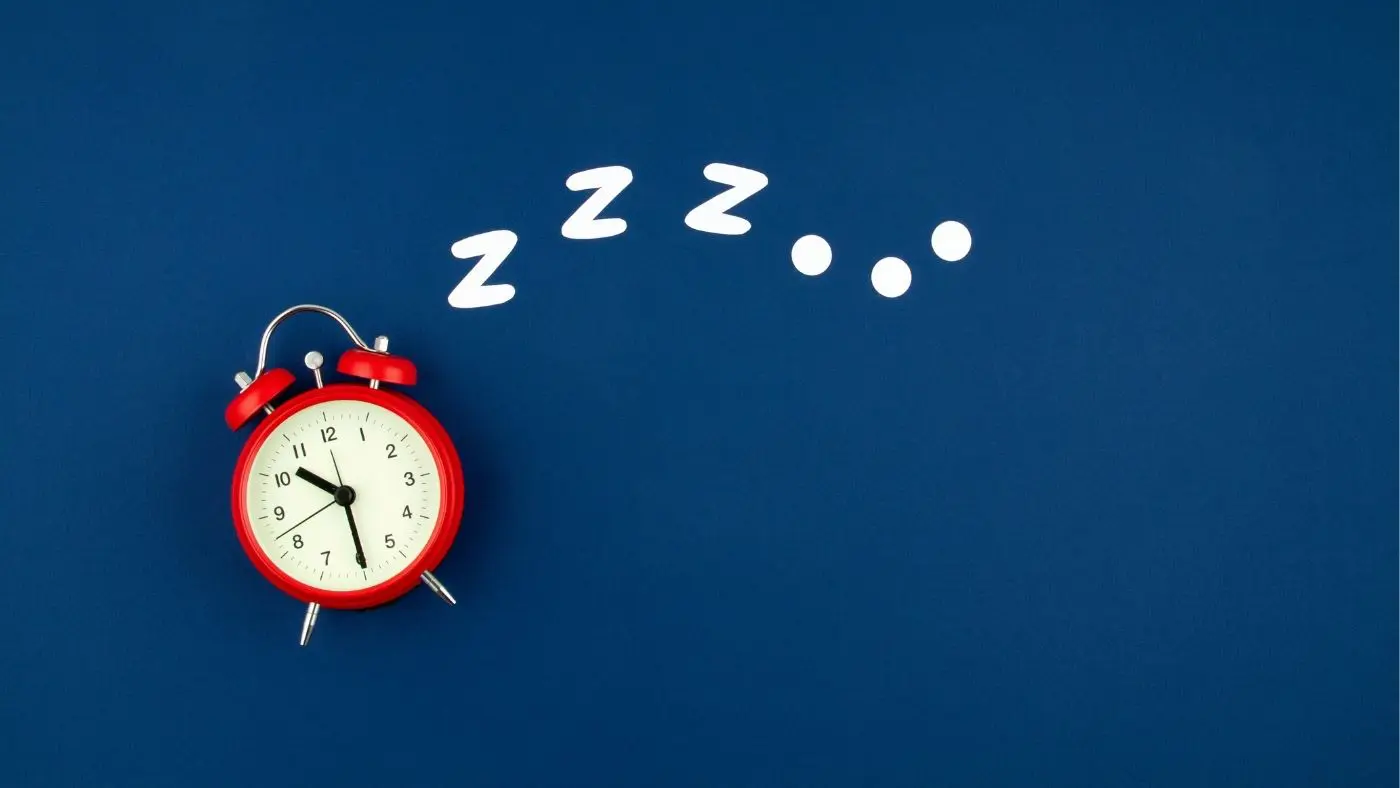A new study shows that middle-aged and older adults have worse cognitive function when they get too little or too much sleep.
Whether our mind stays "sharp" can depend on how much rest we get.
In a study published on April 28 "Nature Aging", researchers analyzed data on nearly 500,000 adults between the ages of 38 and 73. Information was collected about their sleep patterns and mental health and well-being, and they completed a series of cognitive tests to assess brain function. About 40,000 people underwent brain scans and laboratory tests to gather genetic information.
The analysis found that people who slept about seven hours each night had better cognitive outcomes than other participants. Longer or shorter periods of sleep each night were associated with reduced ability to make decisions, solve problems, pay attention, process information, and learn new things.
The study also found that seven hours of sleep per night is also ideal for mental health. More or less sleep was associated with symptoms of depression and anxiety and worse overall well-being.
What the brain scan showed
Brain scans showed that people who slept about seven hours each night had fewer structural changes in areas of the brain related to cognitive processing and memory compared to those who slept too little or too much.
In addition, participants who consistently got seven hours of sleep each night, without deviating too much from this routine, had better cognitive function and mental health than people whose sleep routines varied greatly.
Sleep plays an important role in good psychological health. It also helps keep the brain healthy by removing waste products that can contribute to the development of dementia and Alzheimer's disease.
Previous ones research showed that middle-aged and older people with insomnia or other sleep disorders are at increased risk of cognitive impairment. Previous research has also shown that people who have trouble falling asleep or have insufficient or poor quality sleep are more likely to experience cognitive impairment compared to those who only fall asleep when lying down.
Adults need at least seven hours of sleep each night for optimal health and well-being. Just over a third of adults get less than seven hours of sleep, which is linked to increased rates of a variety of chronic health problems, including obesity, heart disease, asthma, diabetes and depression.
Good sleep is important at all stages of life, but especially as we age. Finding ways to improve sleep in older adults can help maintain good mental health and prevent cognitive decline.
What can help you sleep well?
We often sleep poorly when we do not replenish the body with important nutrients. A high-quality and varied diet should ensure the amount of necessary substances for our body. However, the reality is that with poor sleep, our body usually lacks certain nutrients. Here's how supplementing can help betterm for sleep.
It's important
It is important to remember that everyone's health is individual and there is no one-size-fits-all recipe!
So, if you want to know whether your body needs probiotics the most right now, health experts recommend the Test "Your Day".
*In time, pay attention to the signals sent by your well-being;
*Replenish the body with natural minerals or vitamins;
*Enjoy energy and good mood every day!











